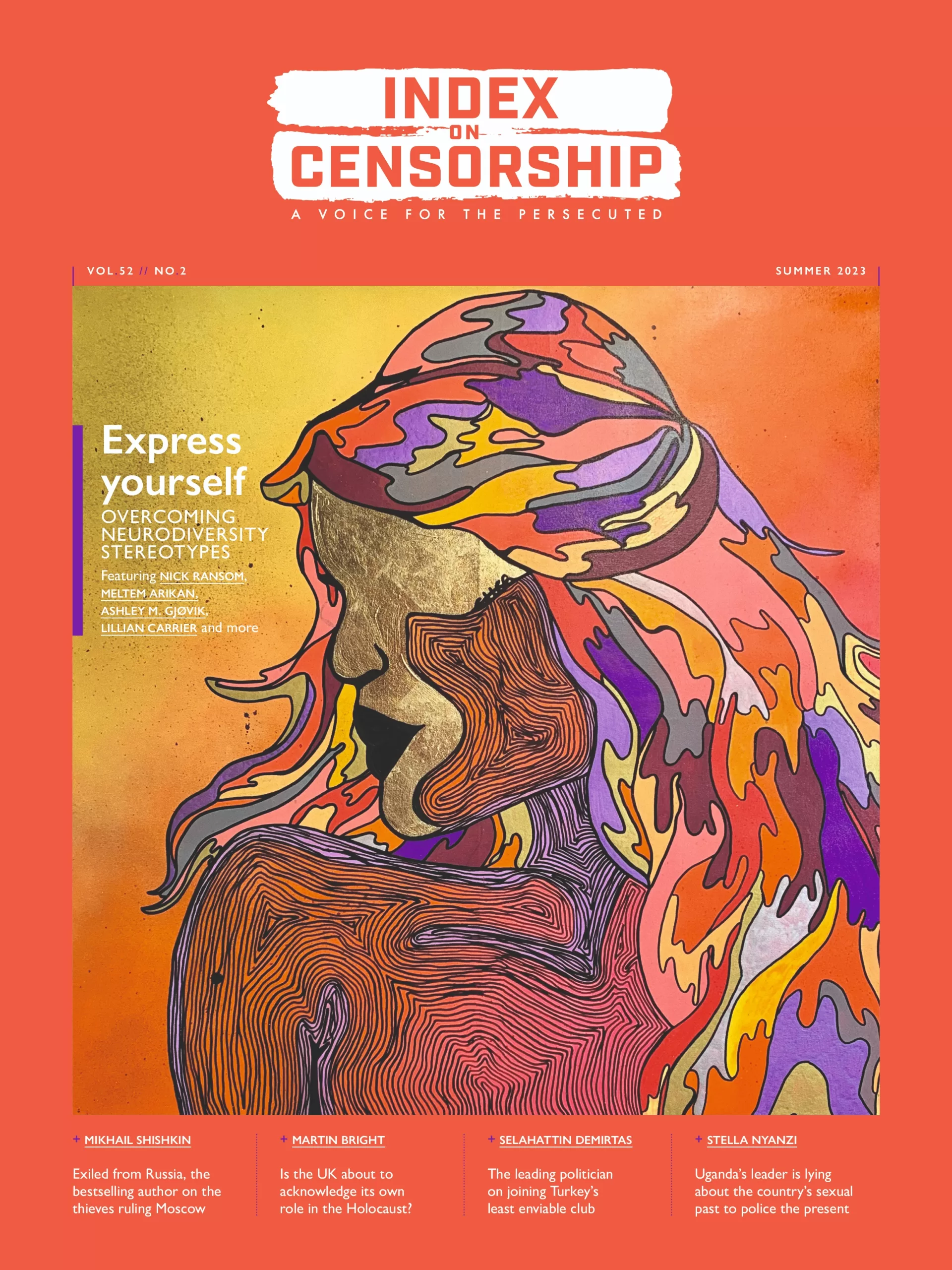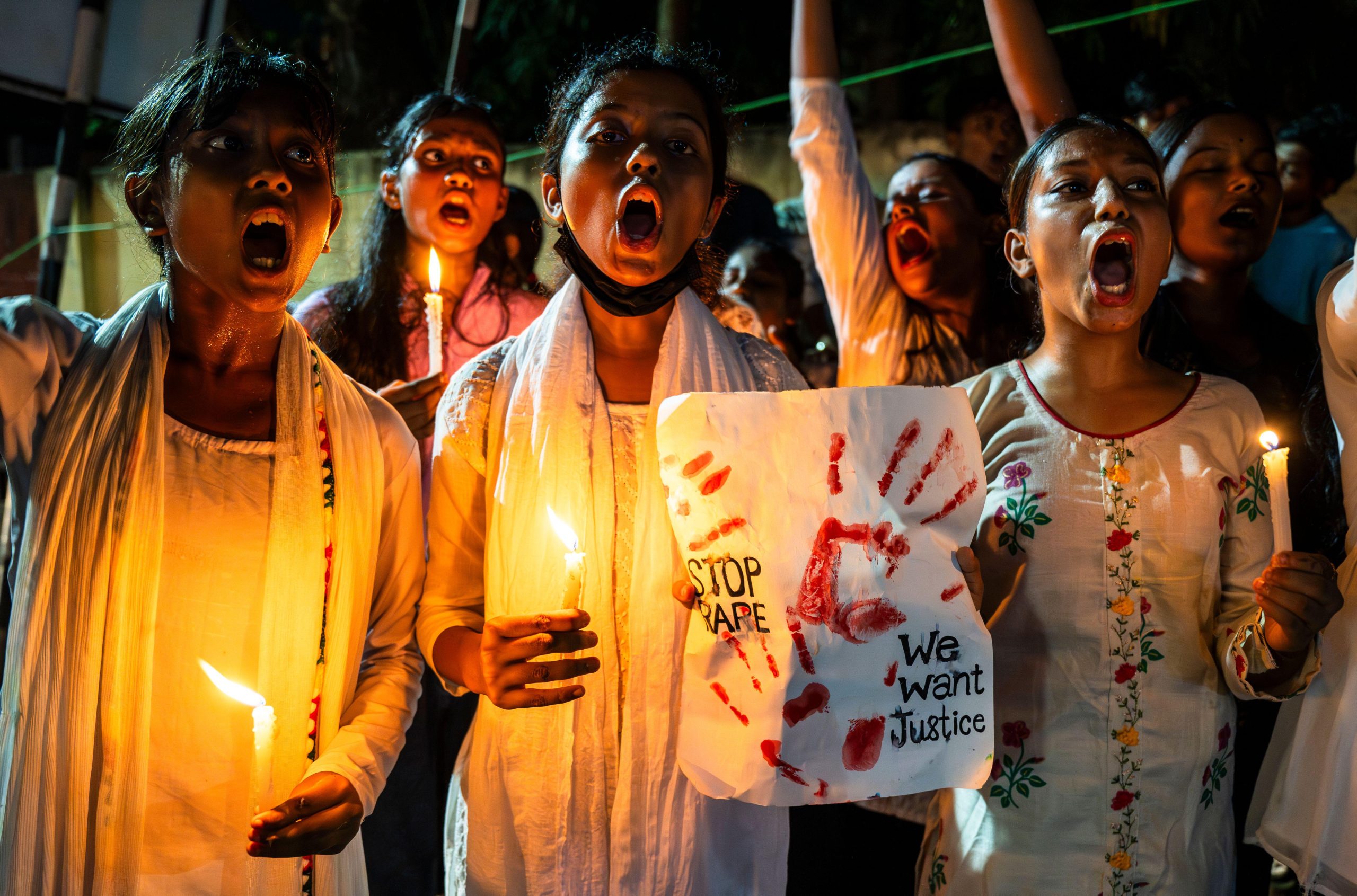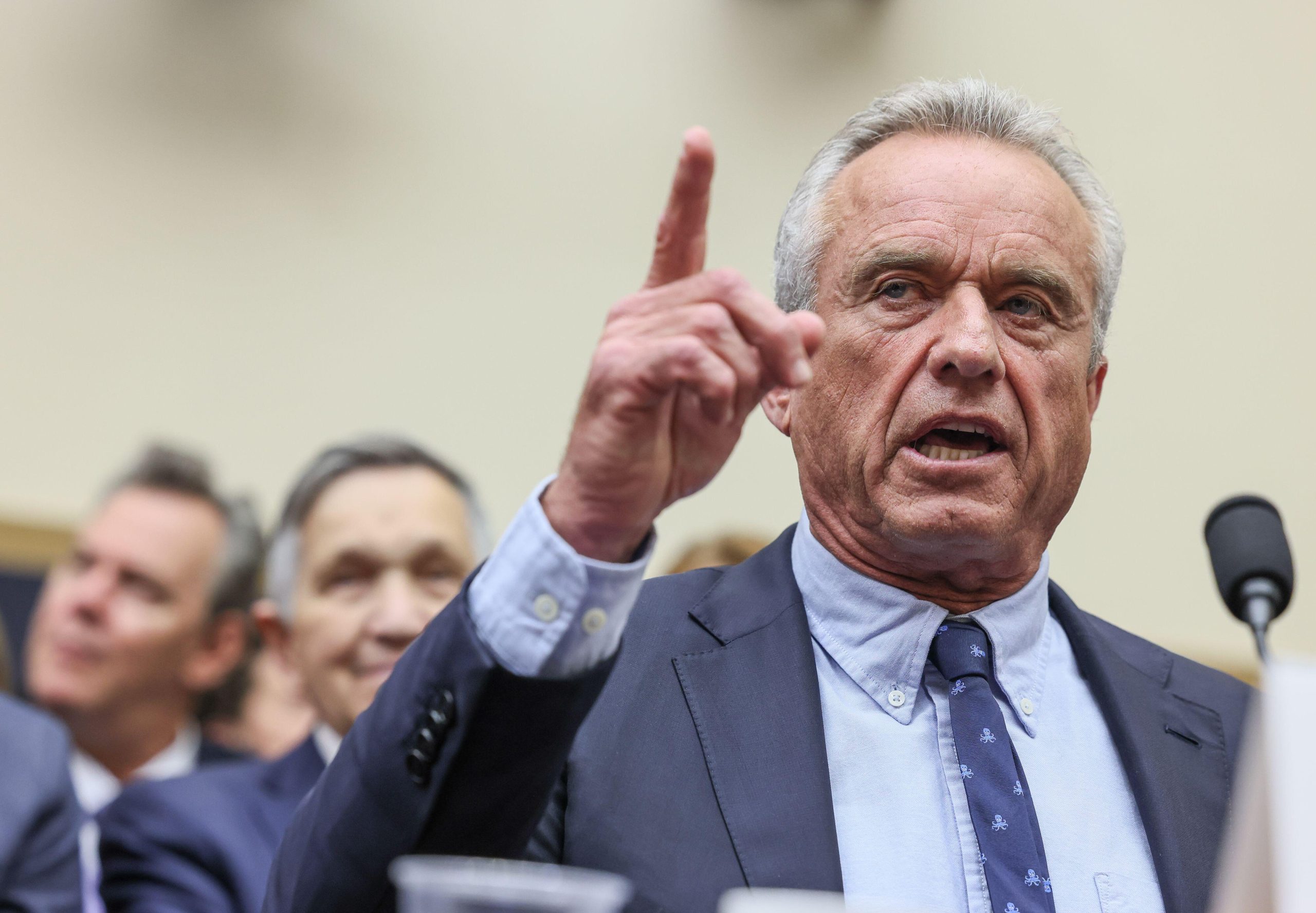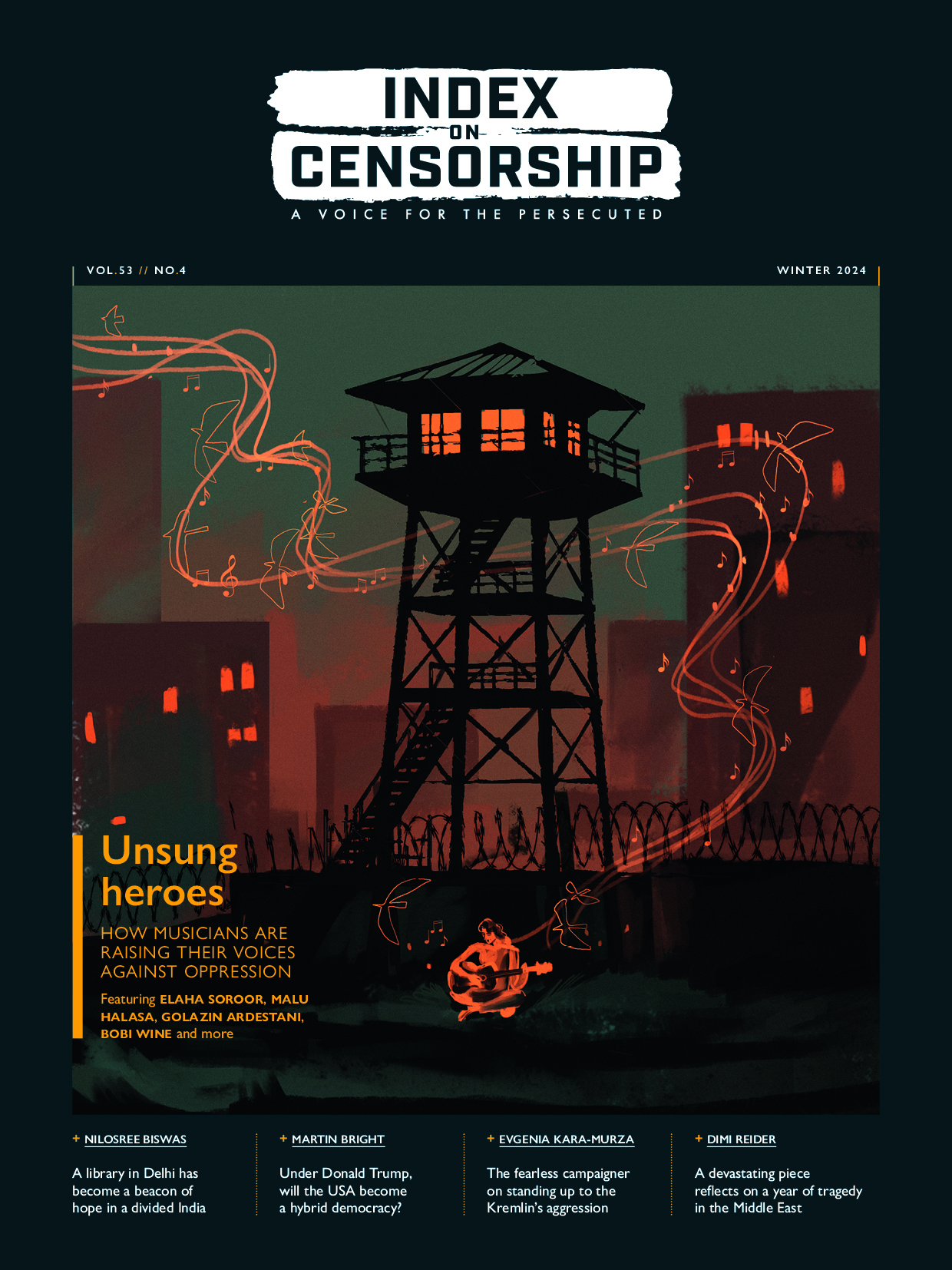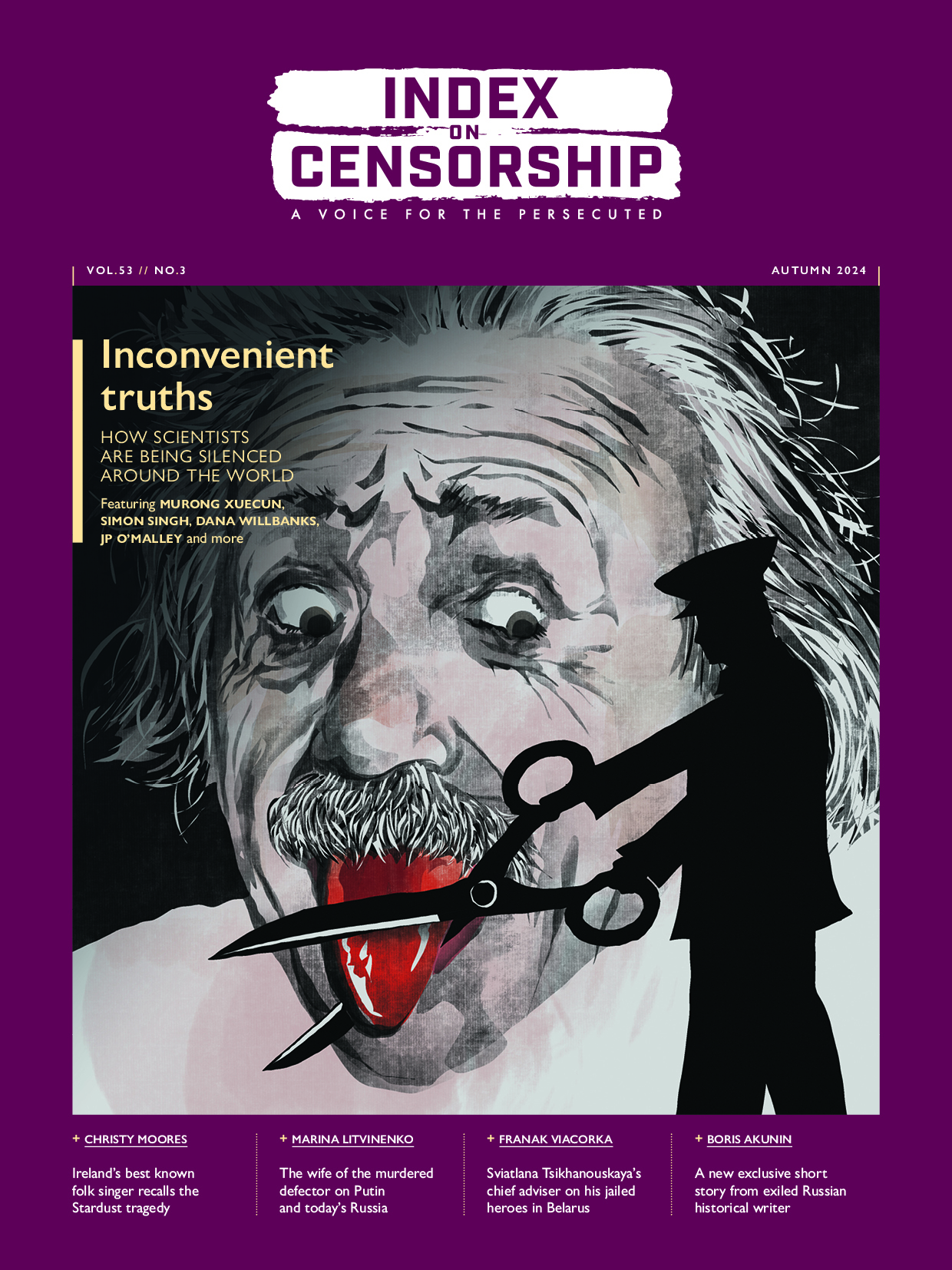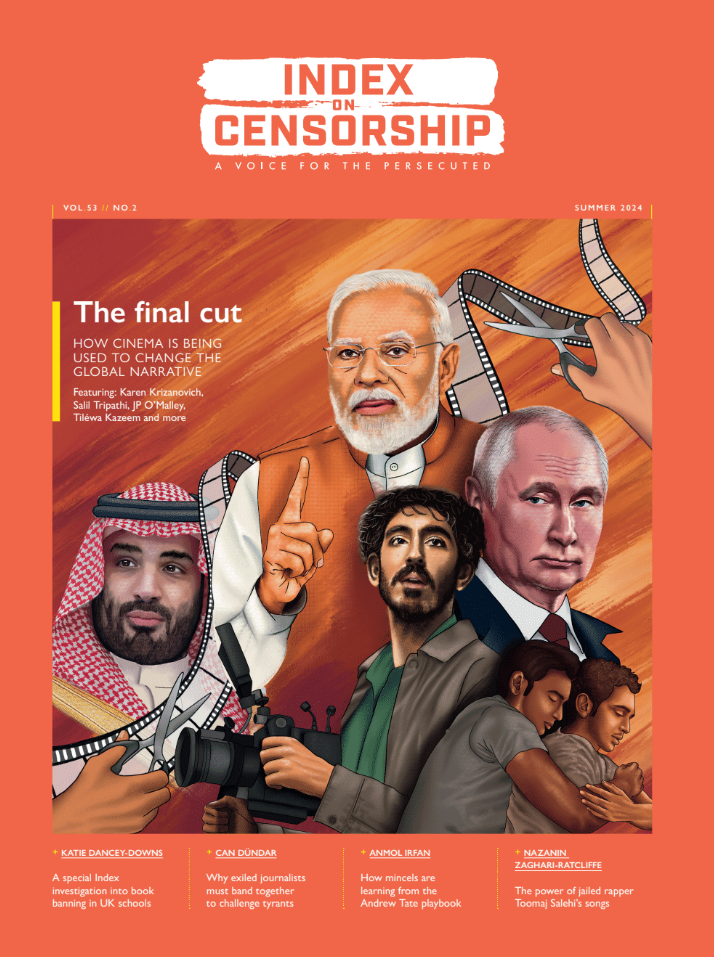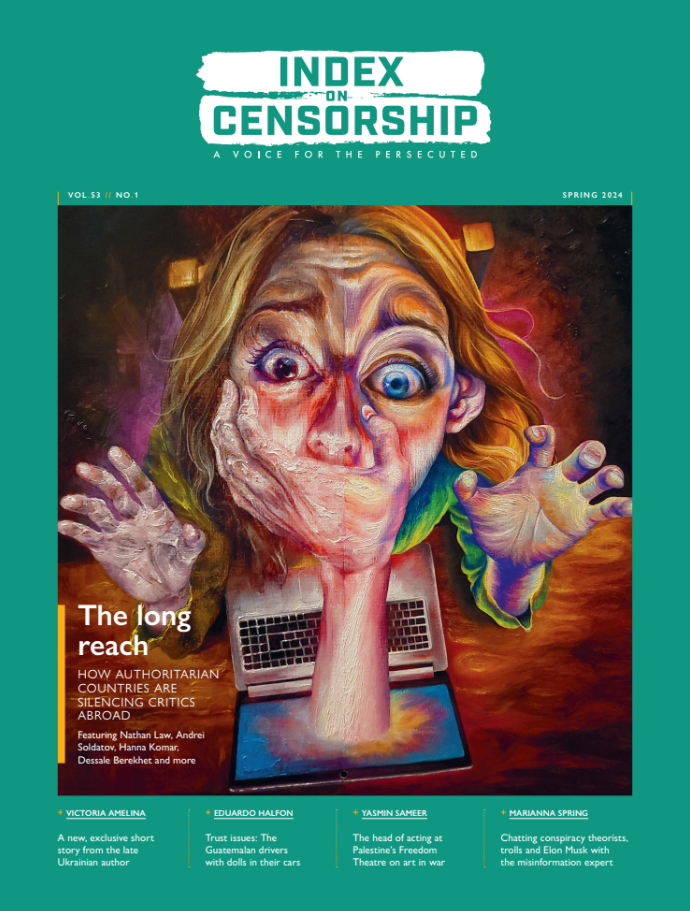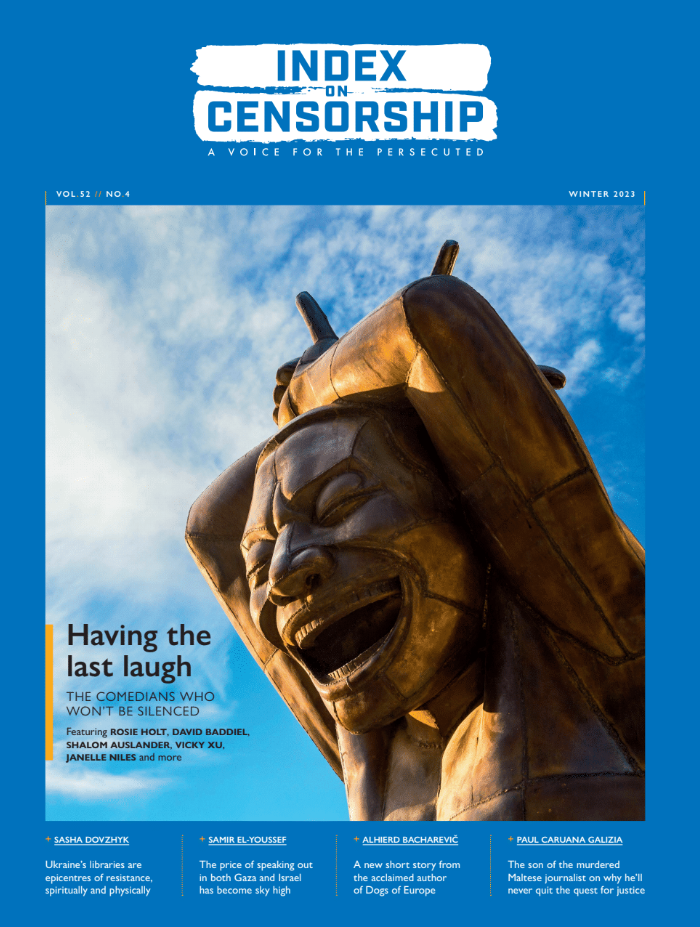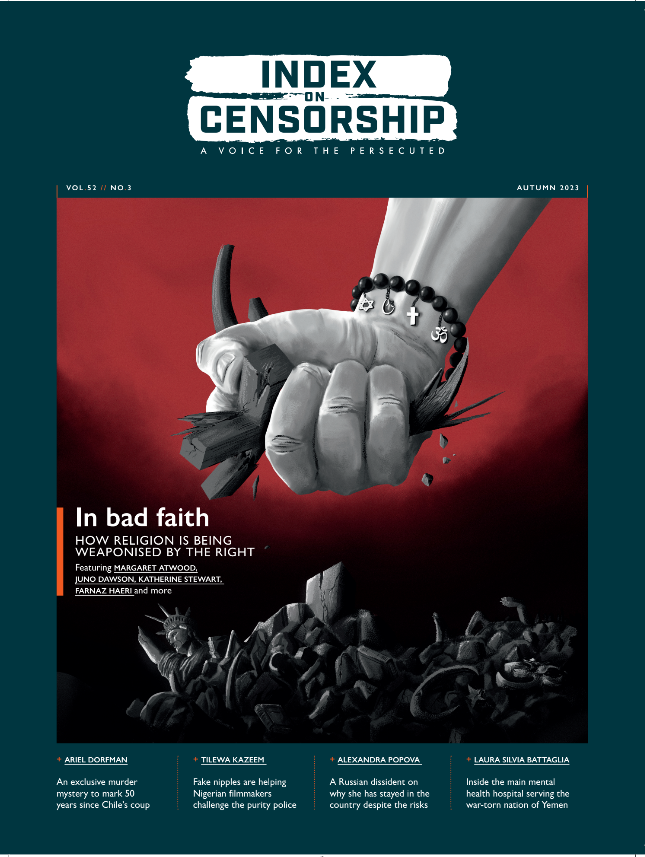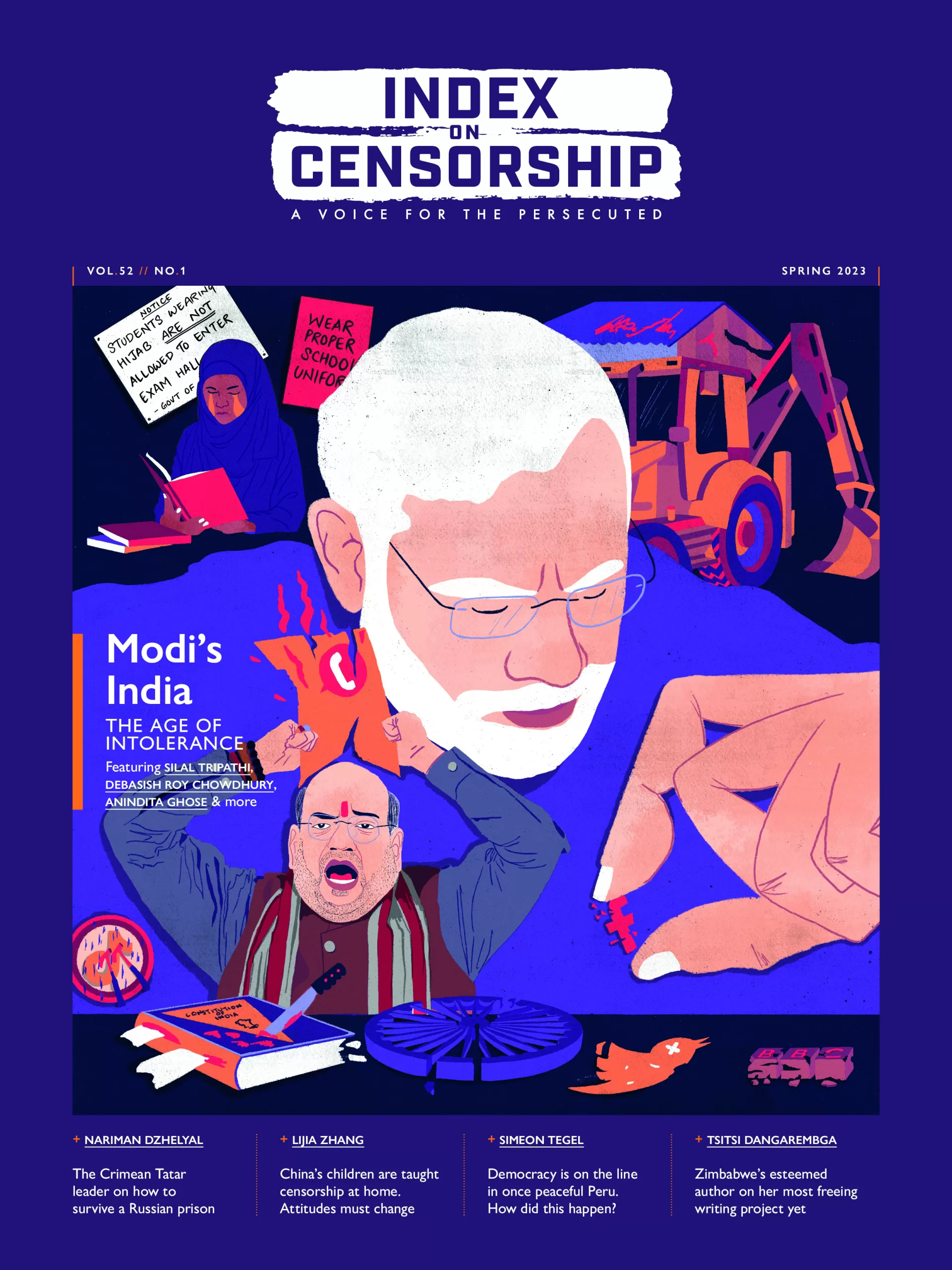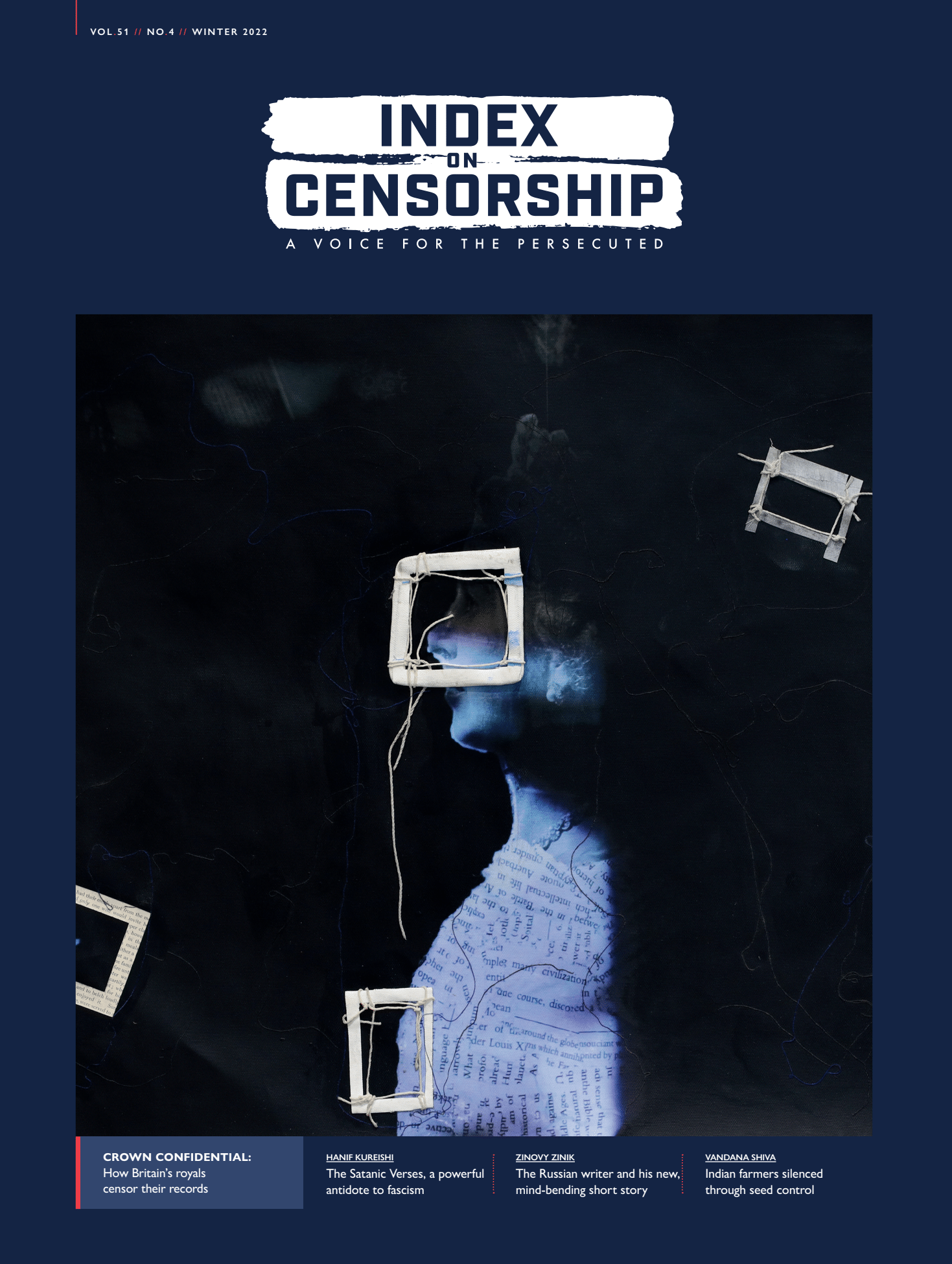Are old stereotypes still rife? Has the perception of neurodiversity improved? If not, was this because of censorship? Using neurodivergent voices, we wanted to know about this in a global context.
The majority of the articles are written by neurodivergent people, as we wanted to put their voices front and centre. Many said they did have more of a voice, awareness had shot up and the word “neurodiversity” empowered and welcomed a growth in onscreen representation. However, at the same time it was clear that conversations around neurodiversity were playing out along society’s current fault-lines and were far from immune.
Social media has significantly improved connection for those who might otherwise feel sidelined, but as Morgan Barbour says it has given rise to a faker movement, to endless disinformation and to a lot of animosity. Ashley Gjøvik and Meltem Ariken write that women’s voices continue to be dismissed as assumptions are still being made about who is neurodivergent and who isn’t; and Ugonna-Ora Owoh interviewed dyslexic people in Nigeria who had been taken to their local church to be exorcised, a trauma most had not shaken off. We hope it’s a launchpad for further enquiry and talk on neurodiversity.
Beyond our special report, Index’s Martin Bright explores the UK’s silenced connection to the Holocaust, Stella Nyazni discusses Uganda’s latest anti-LGBTQ+ law and Mikhail Shishkin explain the repercussions around the collective silence in Russia in time of war.
FEATURING
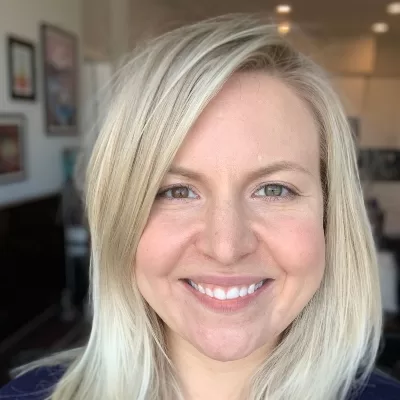
Ashley Gjøvik
Lawyer and whistleblower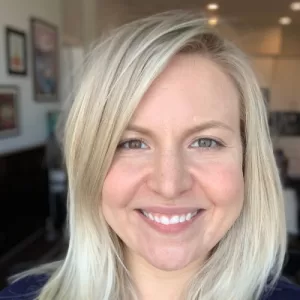
Ashley Gjøvik
Ashley Gjøvik is a lawyer and whistleblower from the USA

Mikhail Shishkin
Writer and authorMikhail Shishkin is a Russian-Swiss writer and the only author to have won the Russian Booker Prize, the Russian National Bestseller, and the Big Book Prize. His books have been tr...Read More
Mikhail Shishkin
Writer and author
Mikhail Shishkin
Mikhail Shishkin is a Russian-Swiss writer and the only author to have won the Russian Booker Prize, the Russian National Bestseller, and the Big Book Prize. His books have been translated into 30 languages
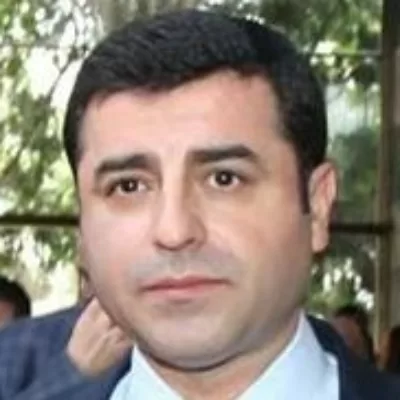
Selahattin Demirtaş
Politician, author and political prisonerSelahattin Demirtaş is a a Turkish politician, author, political prisoner and former member of the parliament of Turkey.
Selahattin Demirtaş
Politician, author and political prisoner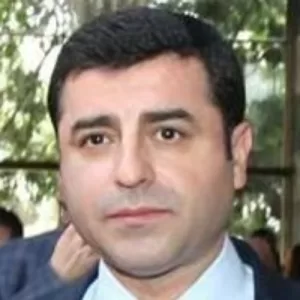
Selahattin Demirtaş
Selahattin Demirtaş is a a Turkish politician, author, political prisoner and former member of the parliament of Turkey.

